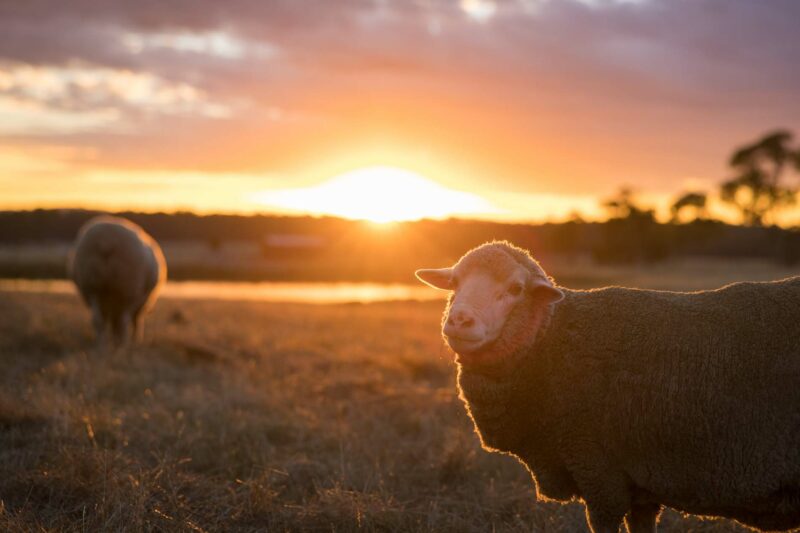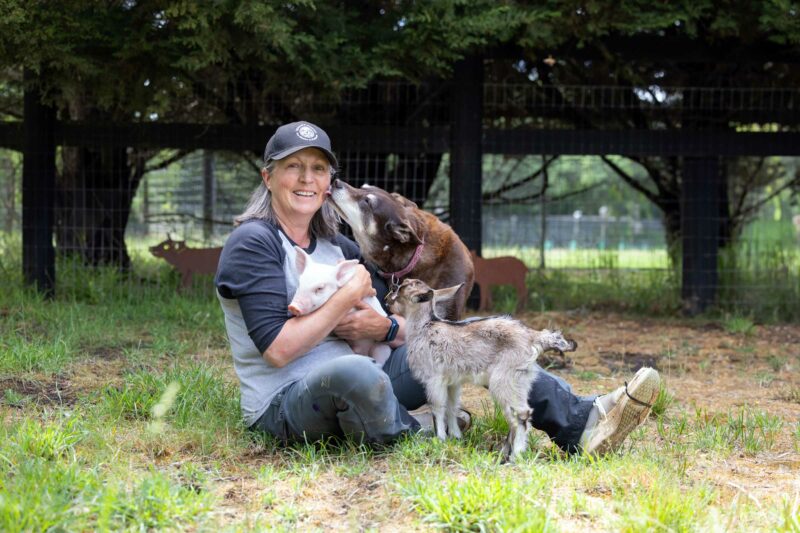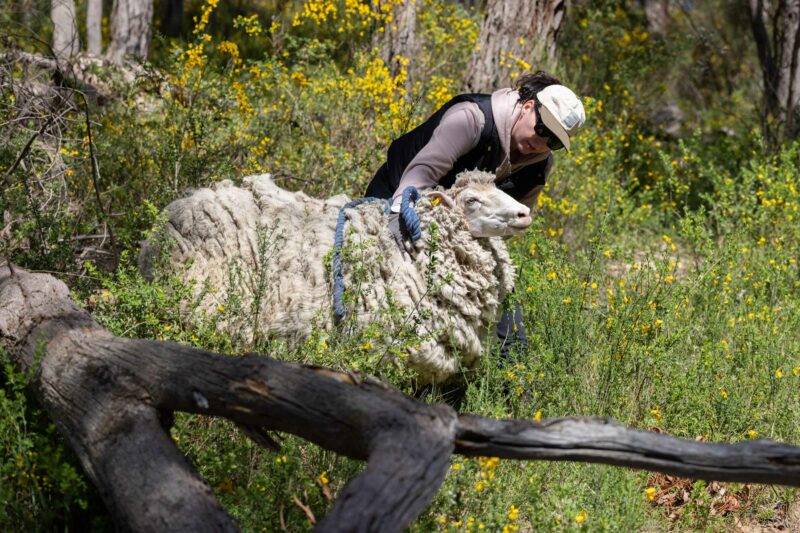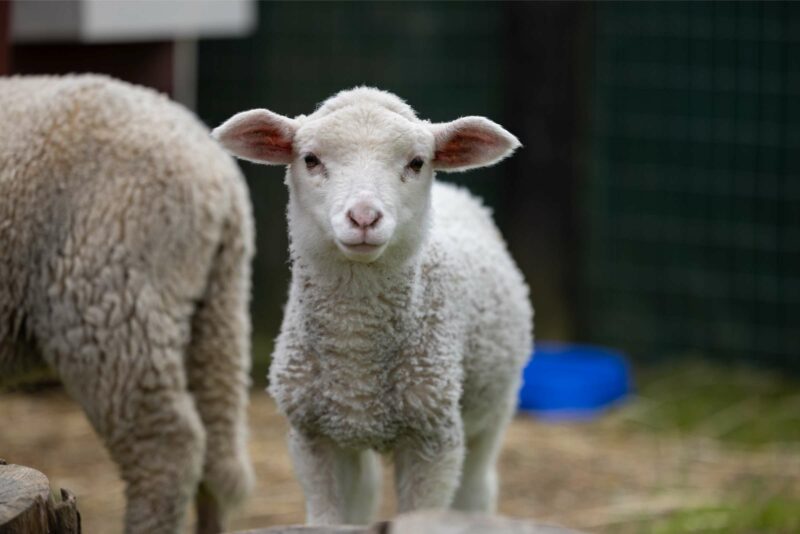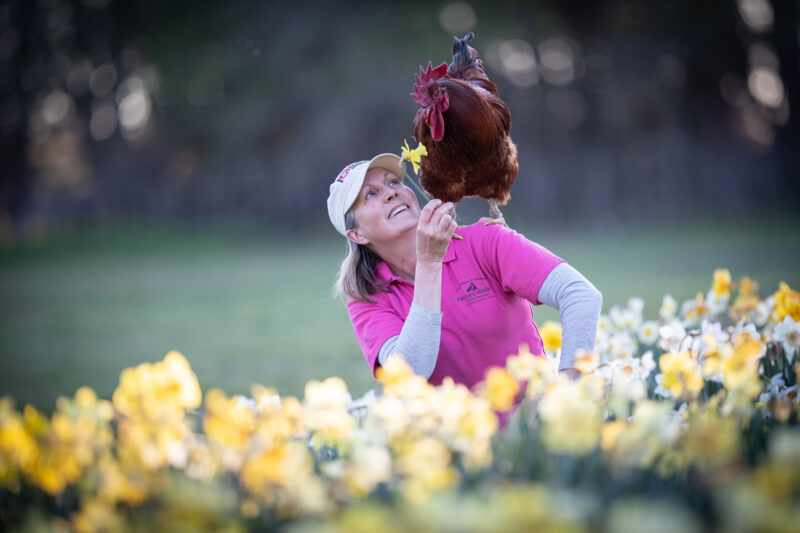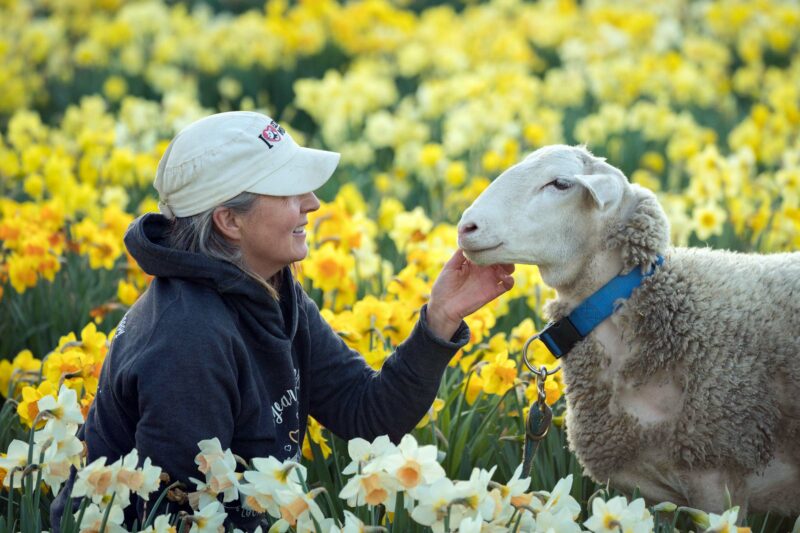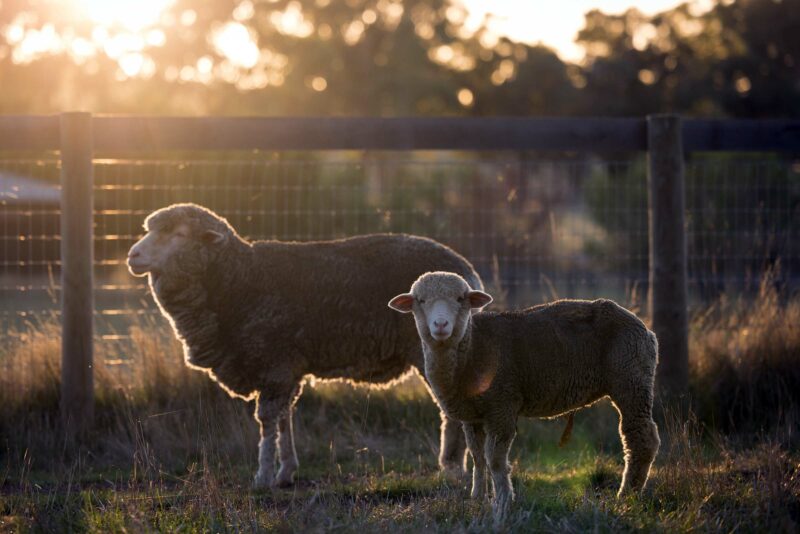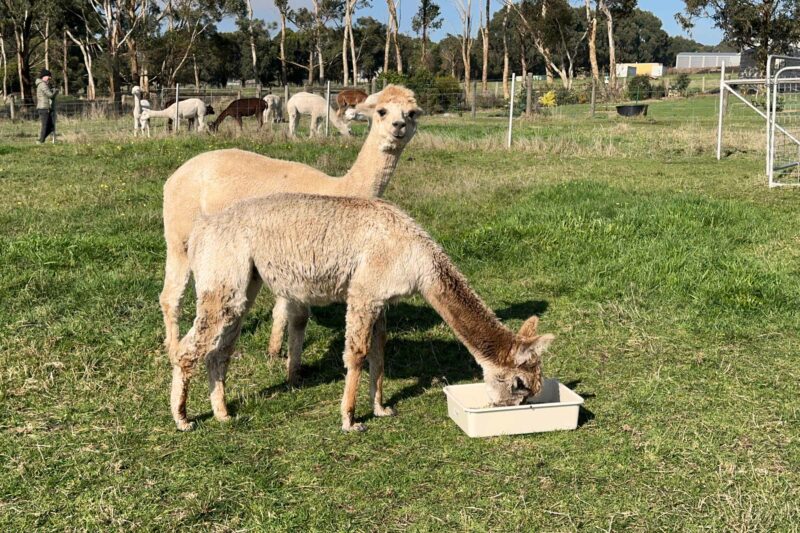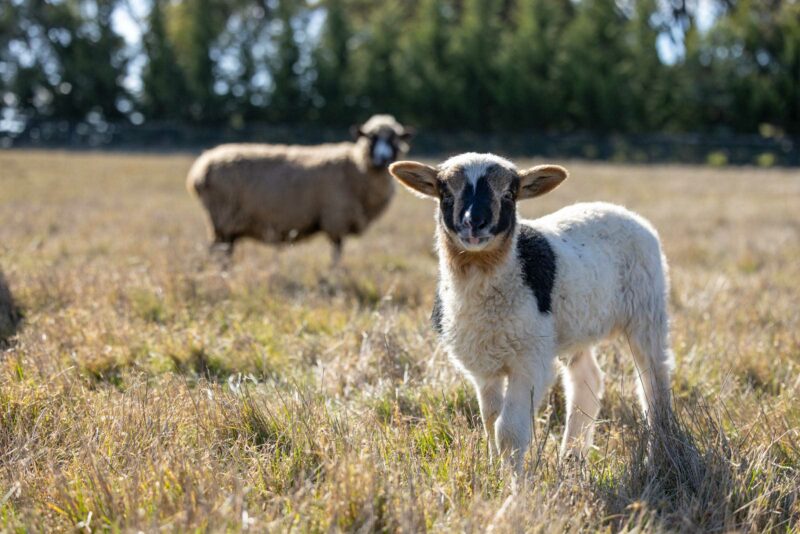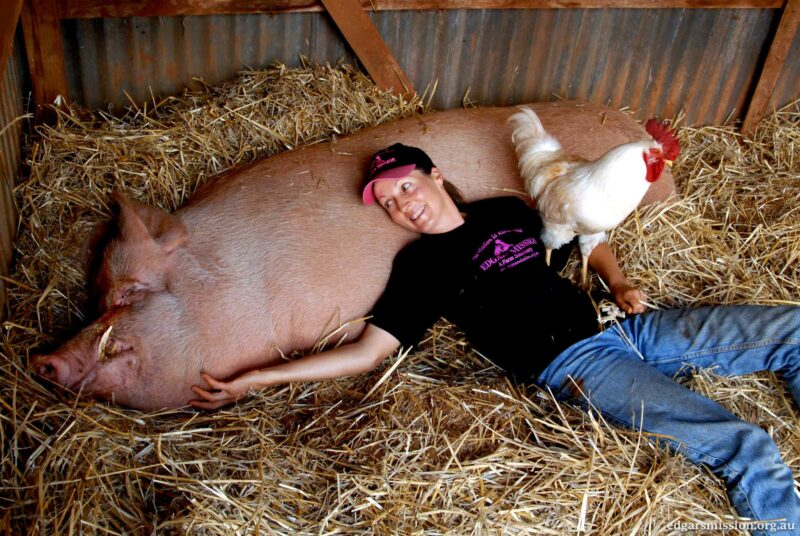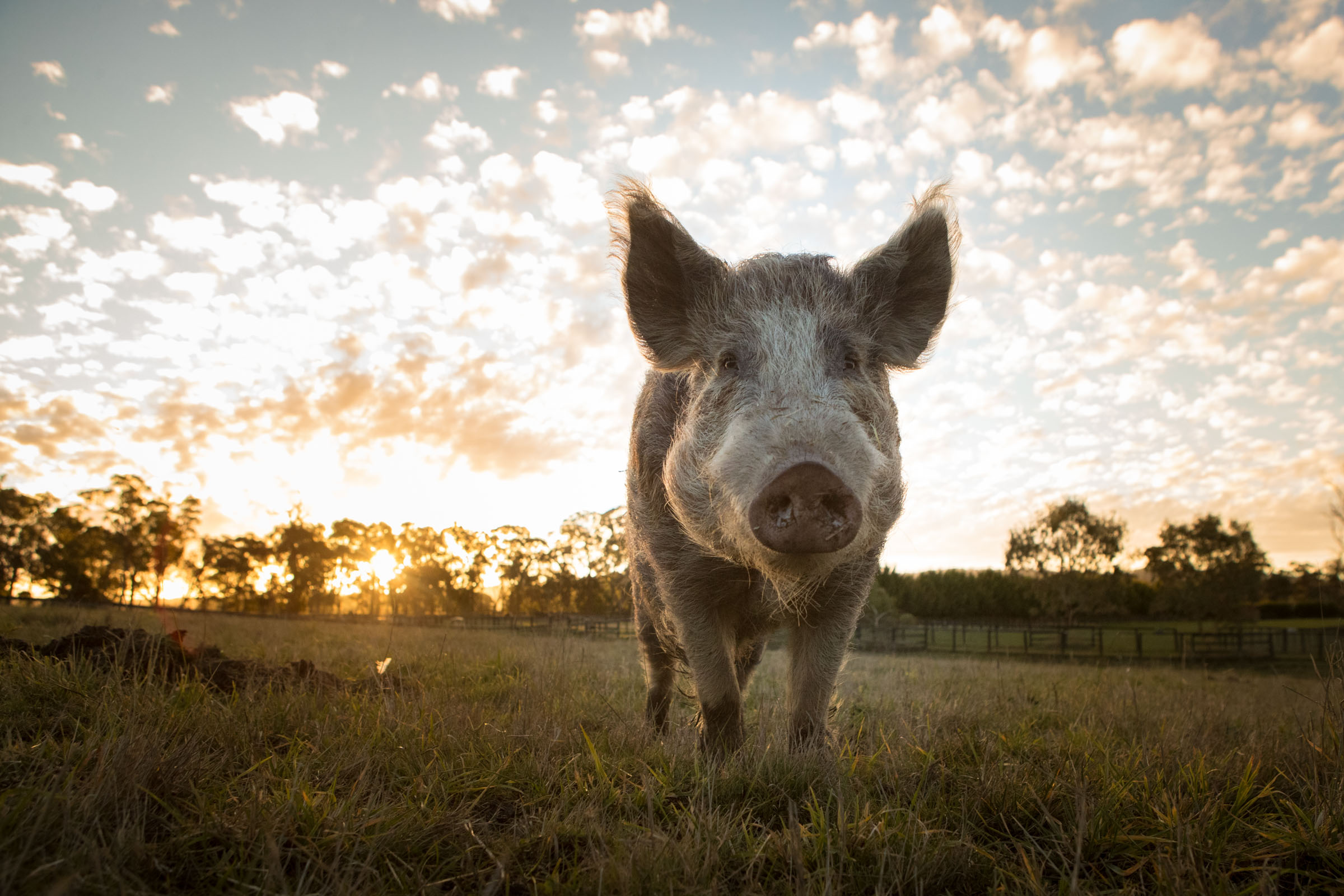
Words by the Bee Gees
Recorded in 1967, the Bee Gees hit song “Words” reflected what one of the Gibb brothers described as the ability of words to “make you happy or sad”. Call me old fashioned, call me a romantic (gosh, I don’t think I have ever been called that before), call me someone who needs to get out more if you wish, but to this day I still find this song a hauntingly moving ballad.
I think one of the reasons this song captures my heart so is because it speaks to a love I have for something very intangible, yet very real – words. Something so simple, which every one of us has access to without privilege, wealth, or fame. Used wisely and kindly they can paint the most vivid of pictures and move many a heart. And sometimes they are all we have.
For words have so much power. Power that is infused upon them by the user. However, because this is a power to heal, a power to help or a power to harm, use of words must be tempered with a caution that we should always use them judiciously. For their impact can long be felt after they have fallen from our lips, and even our memories. But not so upon those whose ears and hearts receive them.
One of my most favourite words is “sawubona”. Even without knowing its meaning, it is a beautiful sounding word. One that resonates within one’s soul. And there is good reason for this. It is a Zulu word for hello. However, the literal translation is “I see you and by seeing you I bring you into being”. And what more gracious thing can you do?
Another of my favourite words is a very simple one: “Please”.
Yet sadly I find this is a word that has slipped from much of the modern-day lexicon. Just like sawubona, it acknowledges an inherent worth in another. “Please”, to me, is a mark of respect, when making a request of them. Though it must be used as a solitary word, rather than “please, please, please”, which reduces it to a beg. Please is a “leveller”.
It conveys that I am asking something of you not from a position of power or hierarchy, or with the expectation that you MUST do my command. Rather, it offers an empowerment to the “askee” and a recognition of their innate “goodness” as I appeal for their assistance and help. Their action then becomes of their choosing, and not of my command.
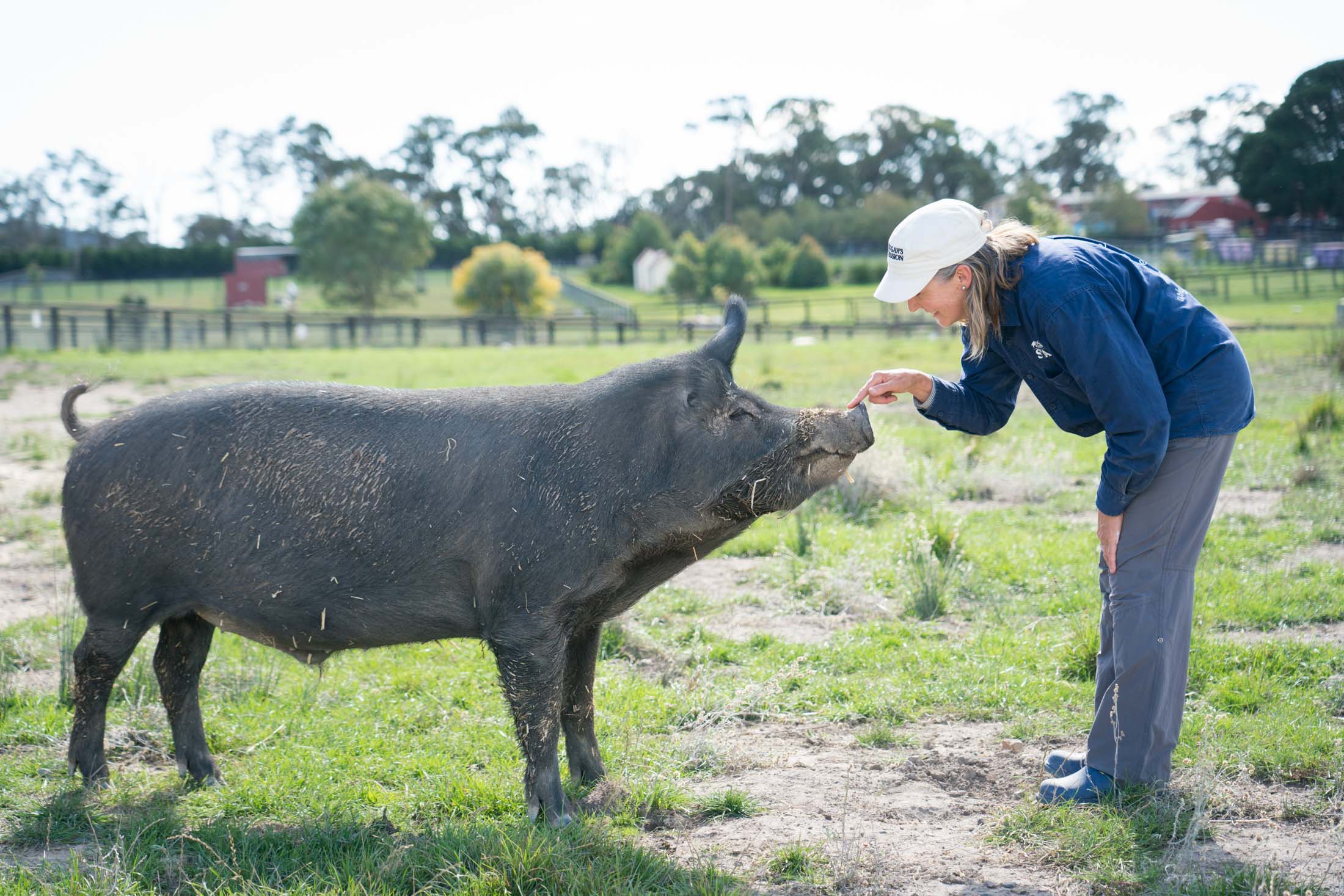
Moreover, it is a “niceness”, in a world that is so desperate for them.
And no use of the word “please” is complete without being bookended by the word “thank you”. So, feel free to call me Pollyanna, but I feel strongly that if our words can become wrapped in graciousness and civility, a common ground can more easily be found.
Words too, we can become lost for them. As when we struggle to convey our empathy for another’s loss or hardship. They can also lose their meaning when they are bandied about without sincerity. Often the word “sorry” is used in this manner.
One of the most courageous words I know of is “help”. And no one “illustrates” this better than the incredible wordsmith, Charlie Mackesy, in his book “The Boy, the mole, the fox and the Horse”. He does so when the Boy asks of the Horse “What’s the bravest thing you’re ever said?” to which the sage one replies, “help”.
If you haven’t already read this moving tale that follows the shared adventures of four friends, where we get to eavesdrop on their many deliberations that teach us all important life lessons along the way, please do so. Your heart and soul will thank you for it. Mackesy paints, with words and ink, a poignant view of the world, and he does so with grace, humility, and an abundance of kindness.
It has been said that “If infinite monkeys with infinite typewriters randomly press letters for infinity, they must eventually produce the entire works of Shakespeare.” It is known as the “Infinite monkey theory”, and whilst it is debunked on many levels, for me, the most persuasive argument is it denies the brilliance, intelligence, and uniqueness of Shakespeare to string words together like no other.
These three simple words have a chequered meaning, depending on just how they are spoken, ranging from a great insult to an exhilarated exclamation of stating the obvious when meeting one of the most jovial, humble, intelligent, witty, wise, and charismatic of animals.
And given my great affiliation with and strong affection for pigs, I feel the time has long past that its associations need to move on from revulsion and derision to revered and endeared, thereby settling the word “pig” into its most rightful place in our vocabulary. And so too our hearts. For whom better than, in the words of the Bee Gees, “to take them away” than pigs?
